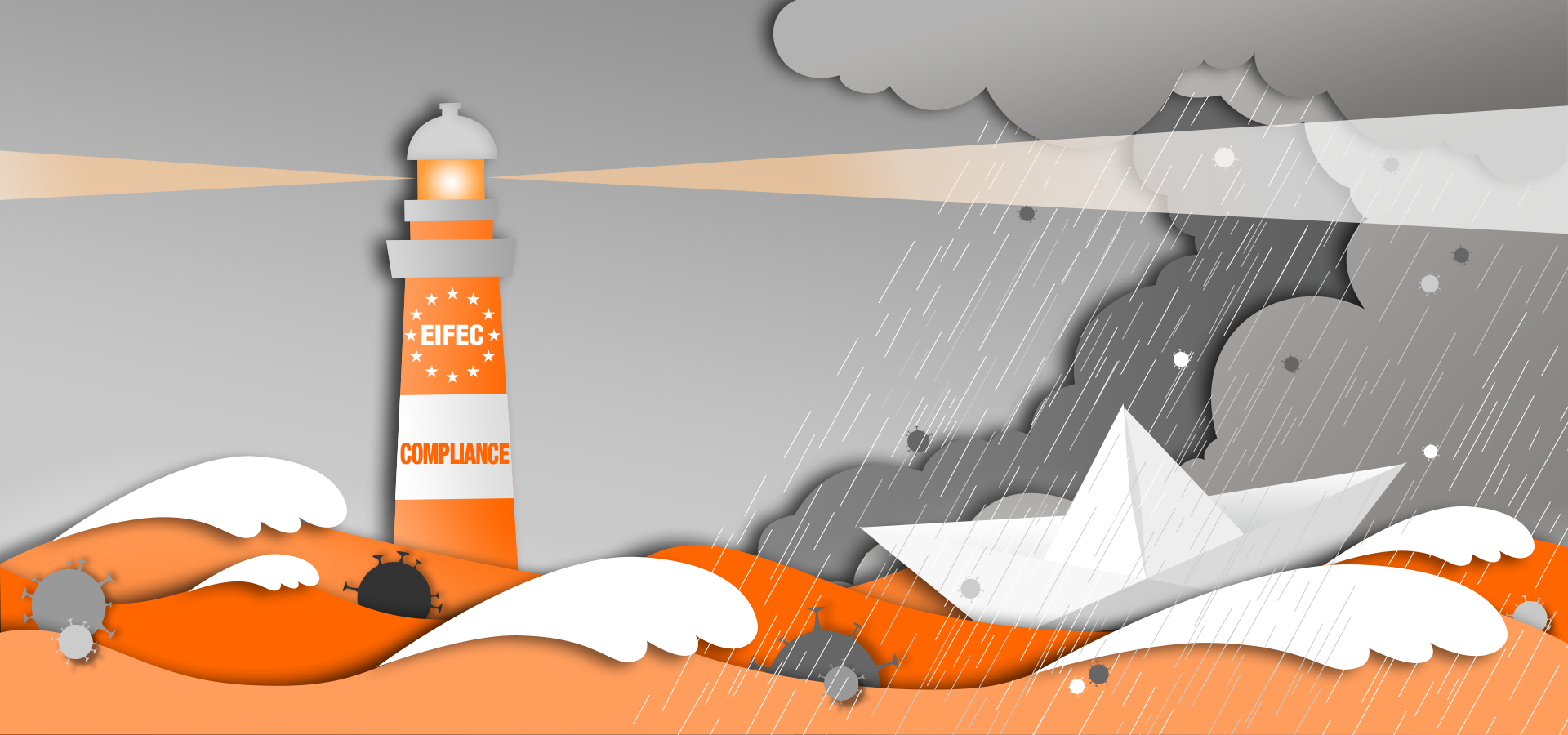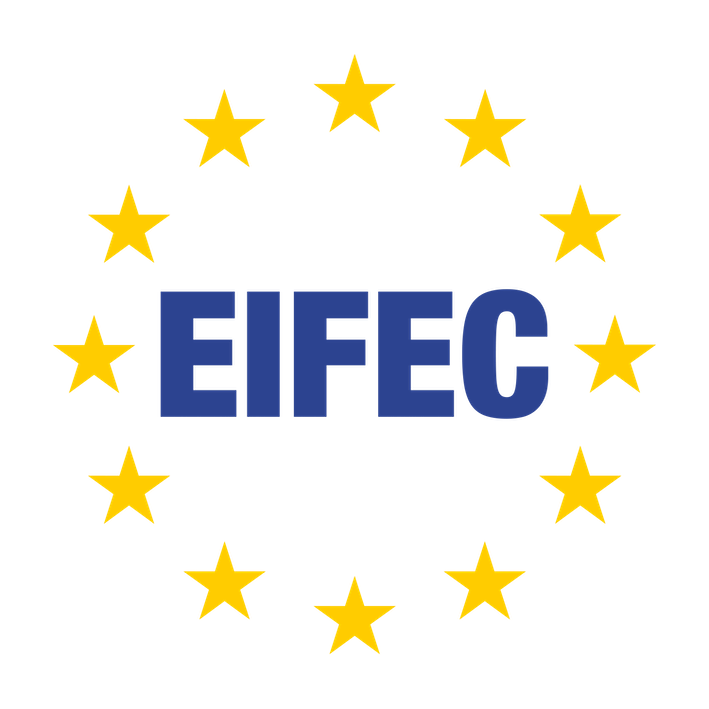COVID-19 Emergency
Compliance Initiative
Navigating the uncharted and stormy waters of epidemics… with the compass of Compliance

The international outbreak of the new Coronavirus, COVID-19, has generated a new need for developing specific Compliance policies and programs world-wide, in all variety of contexts (including jurisdictions) and for every kind of human activities.
The blooming of Guidelines and Regulatory Frameworks, set by Governments and international organizations since the very beginning of the virus outbreak but still today ongoing and frequently changing, has in fact to be assessed, managed, and put into a proper compliance process: everybody needs to know how to comply with all this.
In general terms, both better-structured entities and micro, small and medium enterprises are required to implement an adequate program for the overall management of the health emergency and all related risks.
EIFEC urged by this threat to international security has urgently developed new Emergency international Standards series (EIFEC ES2001.06:HBY) with the support of UNIFEC, the network of leading world Universities (coordinated by EIFEC itself), and several expert groups such as HEALTHBY and many others.
Compliance for All: our challenge
Given the non-ordinary context triggered by the epidemic we have created for both our International Standards (“Health Emergency Risk Compliance Management System” and “Compliance Management System for Sanitization Service Providers”) specific for epidemic context a simplified version for the benefit of all MSMEs (Micro, Small, Medium Enterprises).
Our effort for a more natural understanding of Compliance and its definition:
is essentially the expertise in dealing with difficult questions or situations and adaptation to complex requirements, thus preventing or at least minimizing any potential negative outcome
is the most crucial procedure for any organizations to avoid or mitigate potential legal civil and criminal proceedings in most of the jurisdictions, protect their reputation, and foster their values.
Compliance allows you to:
- assess and prevent the legal consequences of actions for yourselves and the others
- safeguardyour reputation, playing by the rules
- improve common well-being by a coordinated use of knowledge and experience
- balance personal, interpersonal, and institutional interests in any concrete situation
Compliance needs a personal shared commitment TO DO THE RIGHT THING in THE RIGHT WAY through the effective management of each step required TO MAKE IT HAPPEN
EIFEC Position on Compliance For All
EIFEC published the following Editor's note for readers, Standards writers, and Certification's bodies.
In many ways, the work of writing Compliance Management Systems standards and the work of certifying them is easy.
We risk very little and yet enjoy a position of strength over those who offer up their activity to our judgment.
We prosper on complex structured documents that are exciting to write, but not (much) fun to read.
But the bitter truth we standard's writers and auditors must face is that, in the grand scheme of things, the needs and expectations of an average organization are probably more meaningful than our established formal structured procedures, understandable by a few.
As early as 2011, we, at EIFEC, introduced in our Standards the foundational principle of justice for compliance: "Unicuique suum" (i.e. "to each its own").
We did so with the full belief that "although not everyone can become a great organization, any organization can be grand in compliance."
We never stopped promoting it, using it, and challenging ourselves to put it into practice in everything we do.
But there are times, such as these of life-threatening emergencies when we face even greater challenges.
Today, we must spread the culture of compliance everywhere and to everyone:
we don't want to leave behind ordinary people and simplest organizations.
If we do so, we help them to remain safely in business and give assurance to the public that they are doing the right things, being compliant.
The first challenge is linguistic: is it possible to complement the Language of Standards with a new Standard's "Dialect" and more understandable definitions?
The second is structural: introducing new simplified procedures that can be easily used by ordinary people.
We truly have to risk something: innovating language and procedures to allow quick deployment of the compliance through a more natural understanding, while safeguarding the core values of auditing and management systems.
The world is often unkind to innovations. We do hope this will not be the case.

